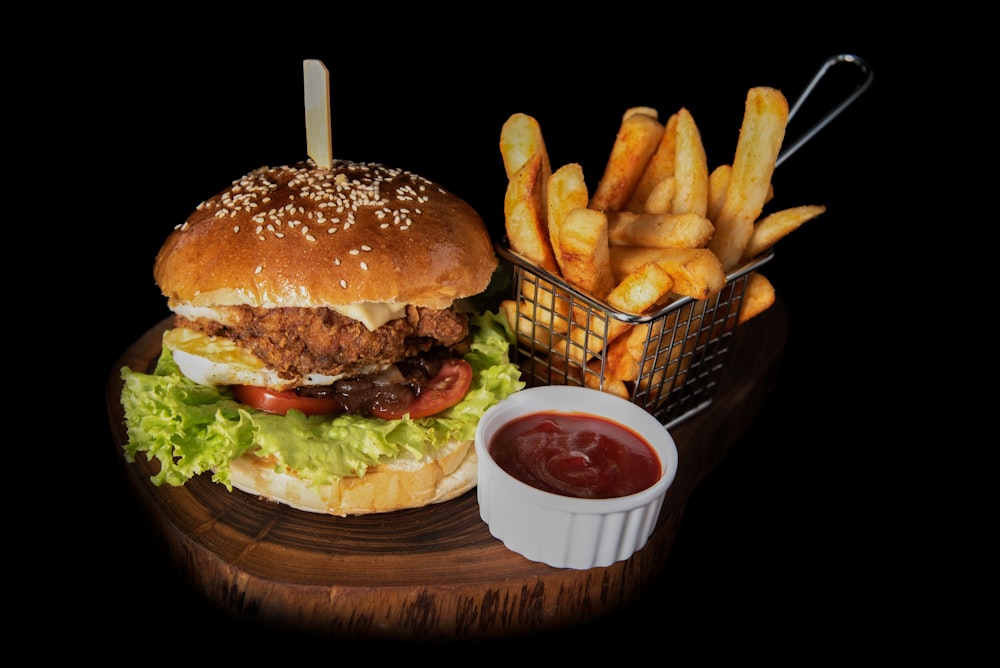
Inflammation is a tricky subject because it can be both good and bad for you, depending on the scenario. Inflammation is something that happens to all humans, even the healthiest of us. A classic example of inflammation is a pimple. It’s an unsightly red dot on the skin that everyone hates. You develop an inflamed pimple because your body is combating bacteria in your pores.
On one hand, inflammation signifies that your immune system is working and fighting infection or injury for you. For example, think of what happens when you fall down and scrape your knee. The area bleeds and becomes swollen because white blood cells fight foreign invaders that may bring infection, and the same cells heal the injury.
In the above scenario, inflammation is protective. On the other hand, the presence of chronic inflammation can lead to more serious health conditions. For instance, having a perpetually inflamed stomach and intestines due to food sensitivities can negatively affect your digestion. Eventually, this can result in diabetes or even cancer, affecting your body’s capability of absorbing nutrients. In the long haul, inflammation can impede mobility (as seen in arthritis patients) and chronic inflammation can adversely impact your quality of life.
Unfortunately, your stress level, low activity engagement, and diet can exacerbate any inflammation in your body, putting you at even greater risk. Thus, it is essential to know more about this subject to modify your habits and avoid irritants that cause inflammation.

What Exactly is Inflammation?
Inflammation is a normal human process that occurs in the body. It happens when your WBC or white blood cells and the components they produce are the ones that protect you against infection from external invaders like germs, bacteria, or viruses.
However, in some cases, like in the case of arthritis or asthma, your body’s immune system triggers that inflammation even if there are no invaders to fight off. As a result, you have inflamed joints and airways, respectively. In autoimmune diseases, your body goes on overdrive and acts as if there’s an infection, even when there isn’t one.
There are two types of inflammation: acute and chronic. The former is what they call “good” inflammation because it is short-lived and meant to protect you. It happens when your body fights invaders in an attempt to heal itself. Acute inflammation will usually flare up due to stimulus then eventually die down on its own.
In contrast, chronic inflammation lasts for months or even years. Even after the trigger is gone, the inflammation can persist. The following are examples of chronic health conditions linked to chronic inflammation:
- Heart disease
- Cancer
- Asthma
- Diabetes
- Psoriasis
- Alzheimer’s disease
- Arthritis
- Chronic back or neck pain
- Fibromyalgia
You will know there’s inflammation when there’s redness, stiffness, swelling, or the area of your body feels warm to the touch. At times, it may feel as if you have flu-like symptoms such as fever, fatigue, chills, headaches, and loss of appetite.

How Reducing Inflammation Improves Your Health
Remember, your immune system is triggered when your body recognizes something foreign. Apart from injury, these invaders can come from plant pollen, microbes, and chemicals in your food. Intermittent bouts of inflammation or the acute kind directed at invaders protect your health. However, when inflammation persists and becomes chronic, it becomes your enemy.
Chronic inflammation that is not a response to any invader is harmful to your health because it can trigger the onset of some of the health conditions mentioned above. Thus, you must find a way to combat inflammation by avoiding foods that have inflammatory effects. Therefore, you must try to limit your consumption of these below foods that have an inflammatory effect on the body:
- Processed food such as fast food and potato chips
- Consuming fried foods like fries, chicken fingers, mozzarella sticks, etc.
- Red meat and processed meat such as hotdogs or deli meat
- Refined carbs like white bread, white rice, cake, and pastries
- Sugary drinks including juices, sweet teas, sodas, or sports drinks
- Anything with trans fats such as margarine or shortening
Studies indicate that consuming these ingredients above can promote inflammation, resulting in higher inflammatory markers in the blood. Therefore, it is not surprising that these same foods that cause inflammation are those that are generally considered harmful for the health. In addition, consuming these foods increases the risk for chronic diseases because they promote inflammation, which is the underlying mechanism for developing these diseases.
Furthermore, these unhealthy ingredients also contribute to weight gain, which makes things worse because the more pounds and fats you have, the more you increase your risk factors for chronic inflammation.
That being said, a healthy diet can make room for these treats on occasion. The key is following a well-balanced diet rich in vegetables, fruits, whole grains, and lean protein. Also, for best results, stick to clean food and try to avoid processed foods with too many additives.
Preventing Inflammation
There are many ways to reduce or prevent inflammation, including incorporating anti-inflammatory foods into your diet. Tomatoes, strawberries, blueberries, avocado, and green tea are some examples of healthy anti-inflammatory foods that you can eat to help prevent or reduce inflammation.
If you’re interested in preventative health, you can also get a CircleDNA test to find out which genetic health conditions you’re at risk of developing. The DNA test can even tell you which foods you might be sensitive to, and avoiding these foods could help you reduce inflammation in your body.







This Post Has 7 Comments
Comments are closed.